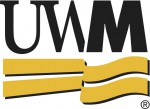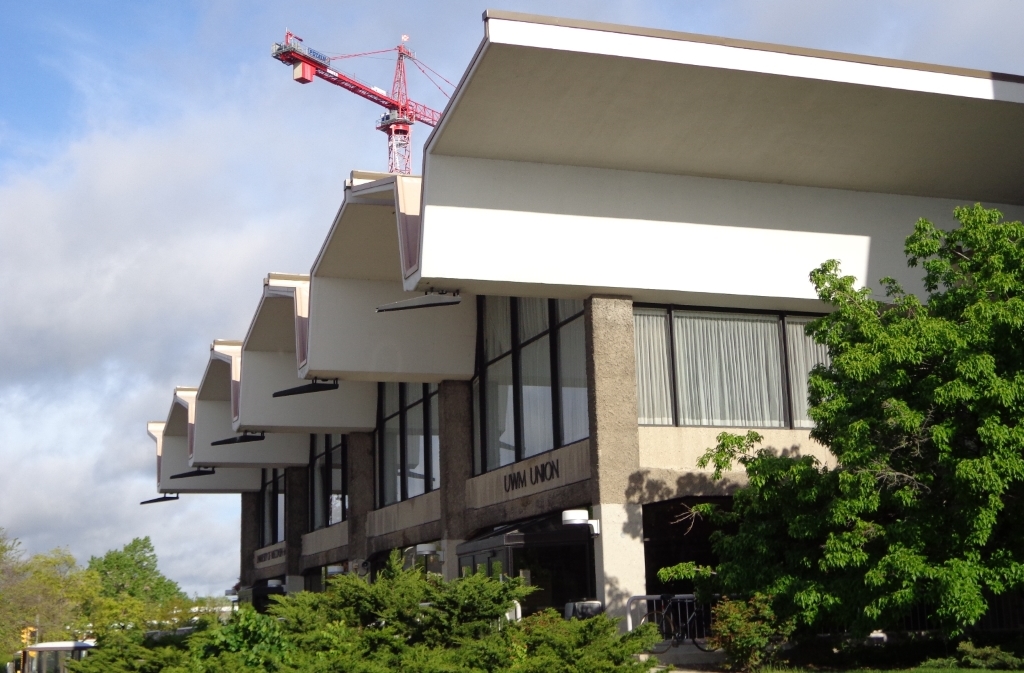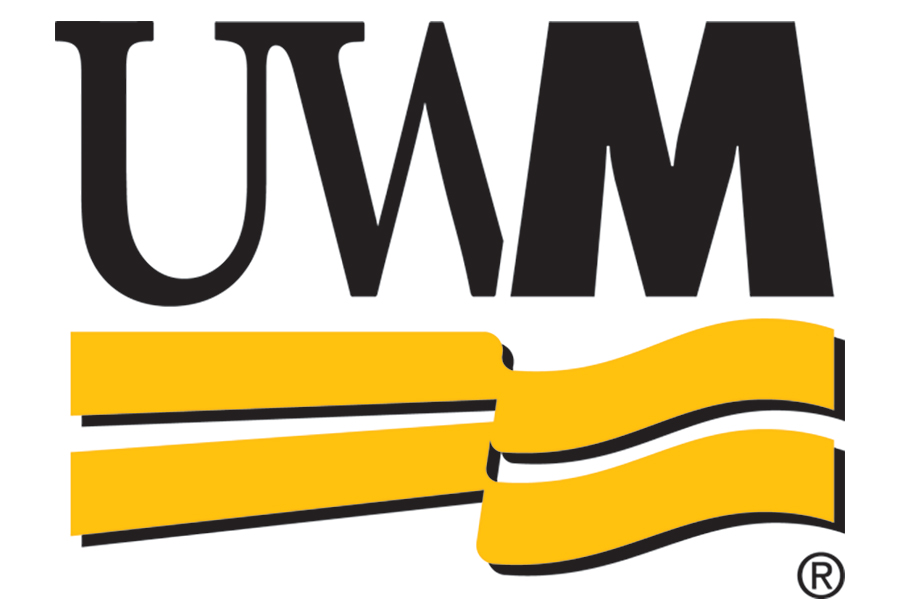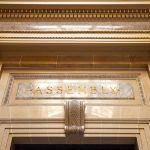UW-Milwaukee, Milwaukee Public Schools partnership receives $2.4 million grant
The partnership will engage 25 teachers with master’s degrees across MPS high schools in personalized professional development and classroom-based research.
MILWAUKEE _ The University of Wisconsin-Milwaukee and Milwaukee Public Schools have received a $2.4 million grant from the National Science Foundation to improve the teaching of mathematics and science in Milwaukee public high schools.
The five-year project, the Milwaukee Master Teacher Partnership, will run from fall 2016 to summer 2021. The partnership will engage 25 teachers with master’s degrees across MPS high schools in personalized professional development and classroom-based research.
“This effort will strengthen the professional capacity of high school mathematics and science teachers and create a new generation of teacher leaders in science and mathematics,” said Michael Steele, the project leader. He is an associate professor of mathematics education and chair of the Department of Curriculum & Instruction at UWM.
The collaboration between the university and the schools will help foster content knowledge, teaching skills and development of teacher leaders in mathematics and science, said Steven Akin, mathematics and science manager for MPS.
Teachers will also work with university faculty and MPS district leaders to analyze their classroom practice and lead professional development workshops for other mathematics and science teachers in the district and state. Participating teachers receive funds for classroom equipment, salary stipends and travel subsidies to present their work at state and national education conferences.
“This collaborative effort in the areas of mathematics and science is absolutely critical to Milwaukee’s future,” UWM Chancellor Mark Mone said. “Our aim is to bolster the professional capacity of high school mathematics and science teachers, teacher effectiveness in the classroom, and student learning in our urban schools.”
Said MPS Superintendent Dr. Darienne Driver: “Strong mathematics and science skills are fundamental to our students’ success. Building on the existing skills for our teachers is critical to ensuring our young people have the tools and skills they need.”
In addition to Steele and Akin, other UWM faculty and MPS professionals involved in the project are:
- Barbara Bales, associate professor of Curriculum & Instruction and director of the Center for New & Professional Educators
- Craig Berg, professor of science education and director of MACSTEP (Milwaukee Collaborative Science and Mathematics Teacher Education Program)
- Anja Blecking, assistant professor of chemistry/biochemistry
- Laura Maly, MPS mathematics specialist
- Mary Mooney, MPS mathematics specialist
- Rochelle Sandrin, MPS science curriculum specialist
NOTE: This press release was submitted to Urban Milwaukee and was not written by an Urban Milwaukee writer. While it is believed to be reliable, Urban Milwaukee does not guarantee its accuracy or completeness.























Wouldn’t it be great if, instead of all the workshops and telling, some UWM students and professors started working with MPS Students, helping them individually?
Does the UWM Professor who has been out of the MPS Classroom have any idea? Have you ever heard, “Don’t worry about teaching the multiplication table—let’s go straight to higher-order questions. . . ”
Yes, UWM and any publicly funded university should be in the field with a priority of improving student outcomes. But the answer is not another workshop. If you want to see any value:
–Any UWM Professor who wants to teach a workshop must teach two math classes in an MPS school for one semester.
We have to do a study to find out why students aren’t doing well? Could it be the shortage of teachers? Could it be students who didn’t even have a math teacher? Could it be . . . .
$2.4 million would pay for how many hours of tutoring? At $20 an hour 120,000 hours of tutoring. If we hired 500 UWM students majoring in engineering, math, science, . . . 240 hours each would mean they could physically work with MPS Students, and each UWM Student would take home $4,800.
So, the smart people are going to study the problem at a cost of $2.4 million.
Roll up your sleeves and set down next to an MPS Student and start working to help him or her learn math.